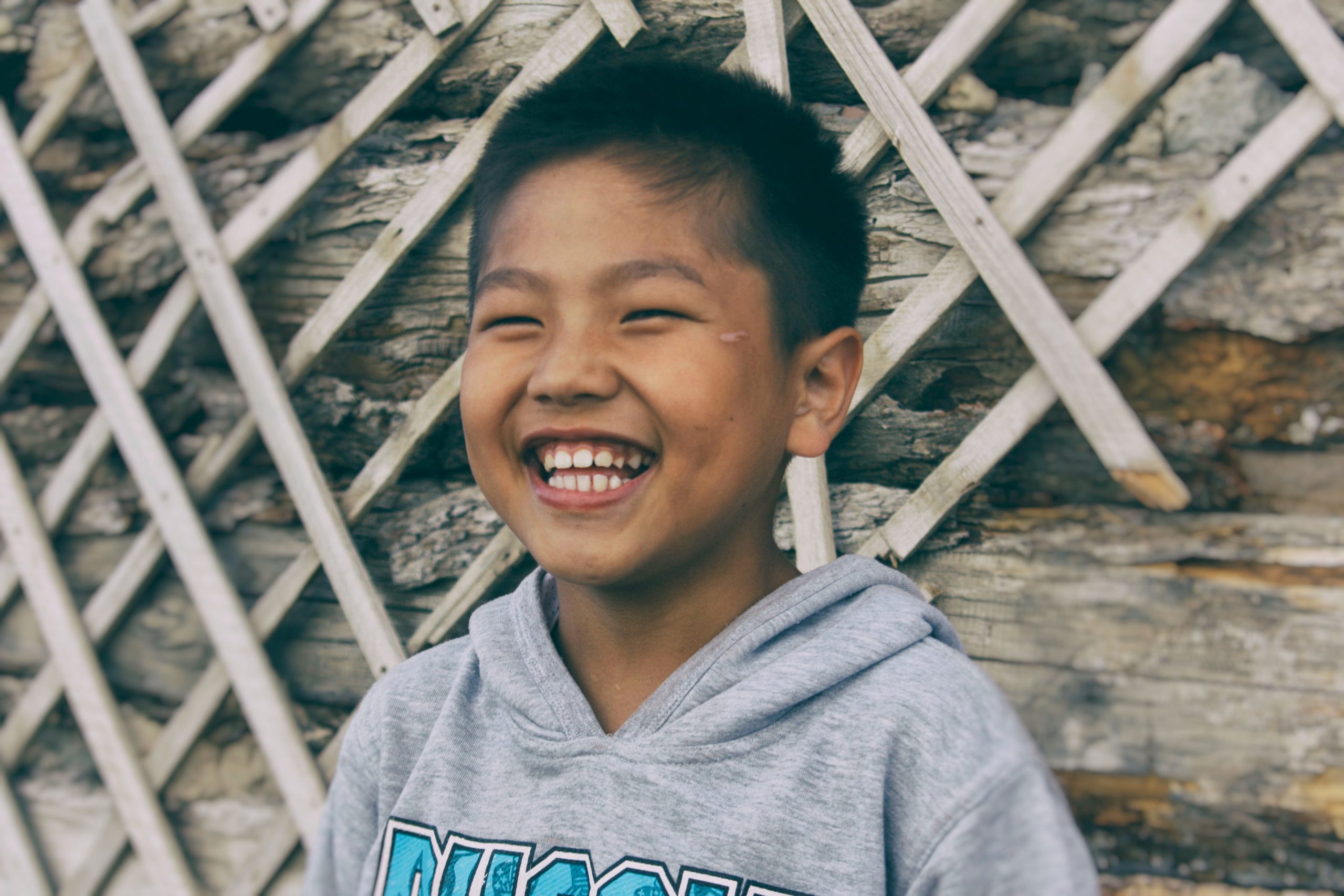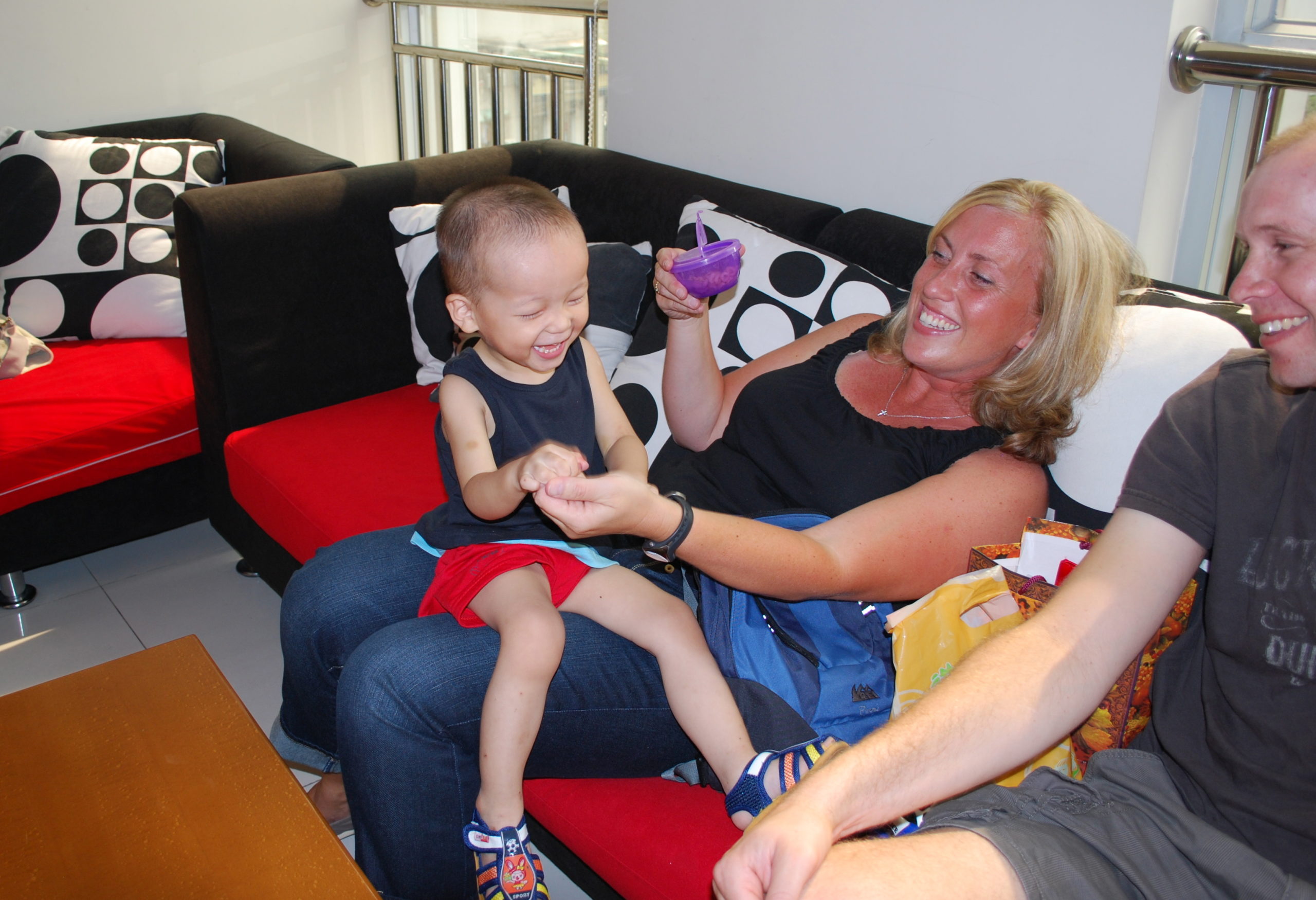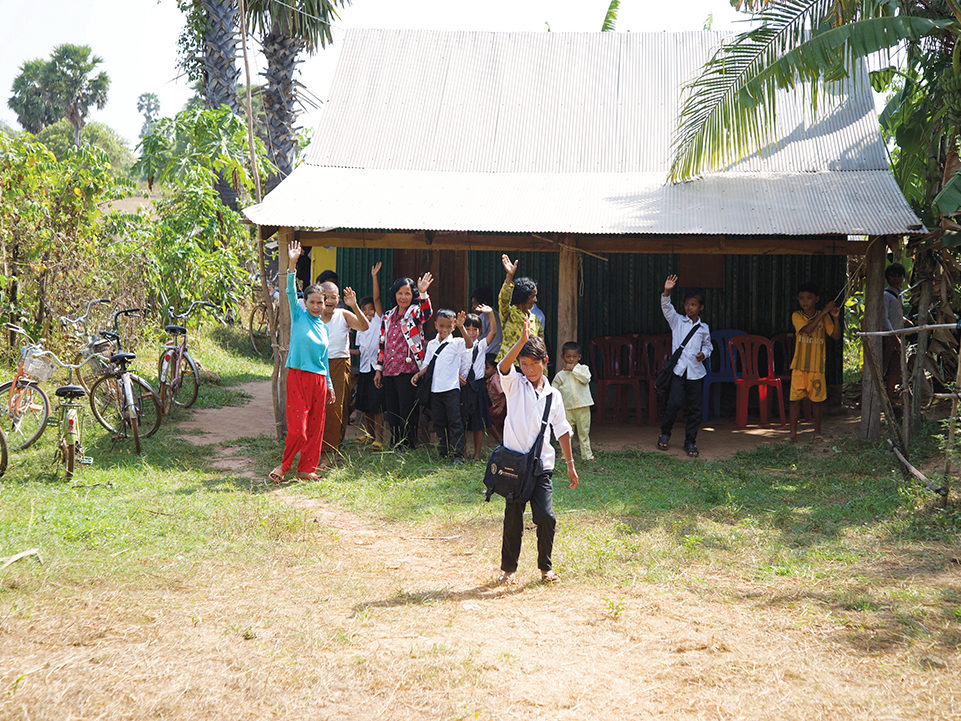An interview with Pola Ung, program manager, and Kosal Cheam, country director of Holt Cambodia.
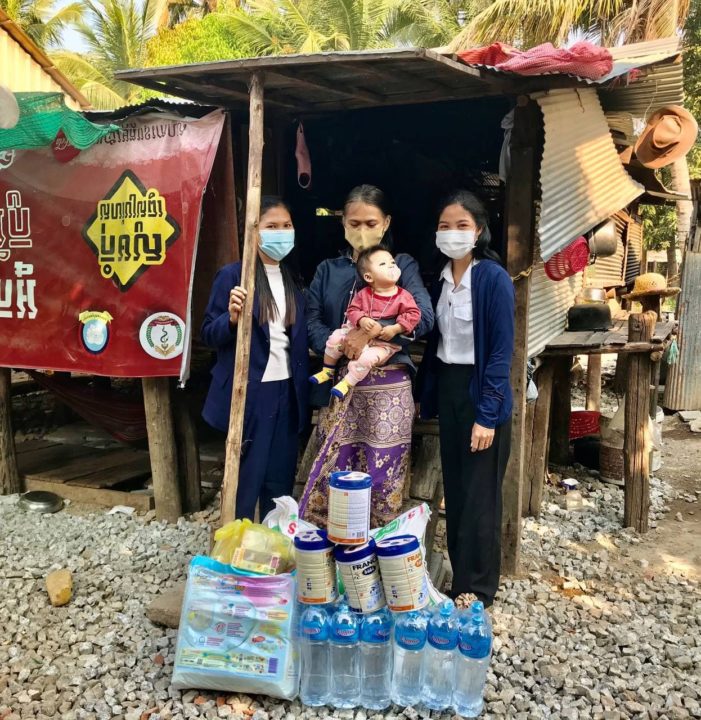
How is the pandemic affecting children and families in Cambodia?
Pola: The situation of COVID-19 in Cambodia is even worse than in 2020 because of the community transmissions. In 2020, the situation was not so bad. … Now, it’s even worse and the school currently has been closed without specific timeframes of when to reopen. … The children study online, but because some children lack access to digital devices or internet, I don’t think their study is effective. Also, [because] their parents lost jobs or lost income, some families are more violent. They don’t feel good, which also affects the children.
The risk of family separation has also become high because living conditions have become difficult. Placing the children into [orphanages] is also a risk. However, Holt Cambodia is working to address this issue. We put a lot of effort and more resources into [helping children and families cope].
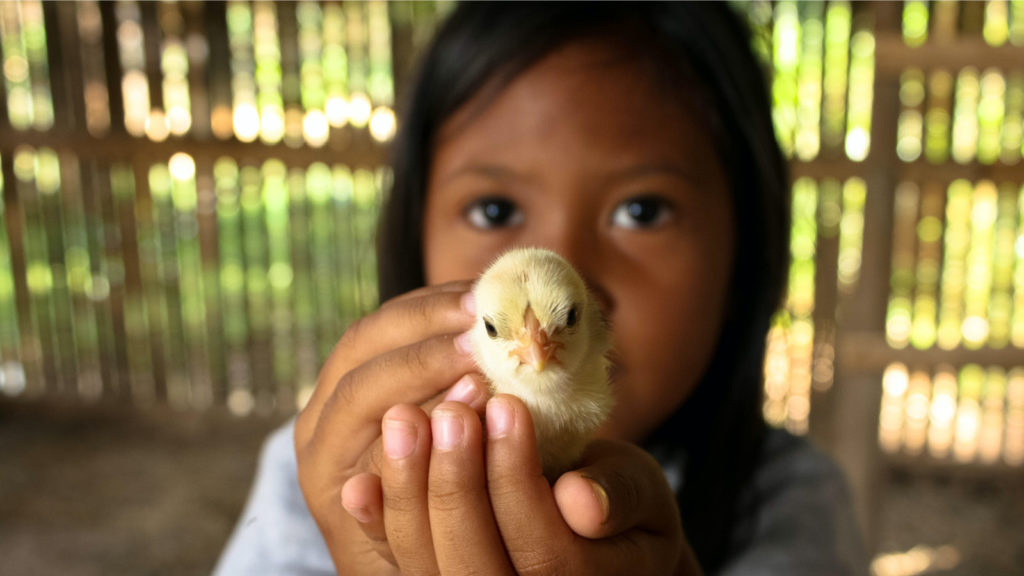
Give a Gift of Hope
Give a lifesaving or life-changing tangible gift to a child or family in need. And this holiday season, give in honor of a loved one and they’ll receive a free card!
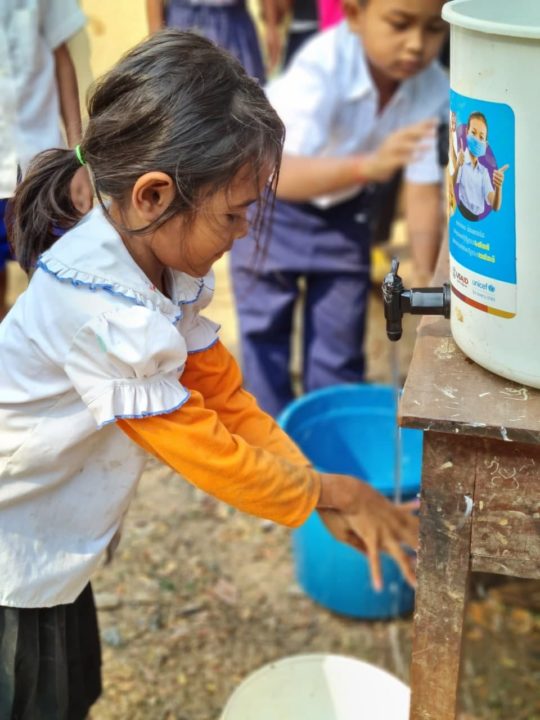
How have sponsors and donors helped meet the most urgent needs caused by the pandemic?
Pola: With support from donors, we provide emergency food assistance to make sure the children have enough food to eat. At the same time, our staff conducts follow-up both online and face-to-face with all the families. If a difficult case, we still conduct a face-to-face case management follow-up in which we provide a lot of counseling and education about how to support their children’s online study. We have also provided income-generation activities during COVID-19 to [help families] adjust themselves to the new normal.
COVID-19 affects children and families beyond those who [have contracted the virus] because of the travel restrictions, loss of jobs, loss of income, leading to family insecurity. If the situation lasts long, it will lead to stunting or malnutrition among the children. But for the children in our program, since Holt sponsors and donors pay a lot of attention, I think it will be okay. However, there are more children and families who need our support.
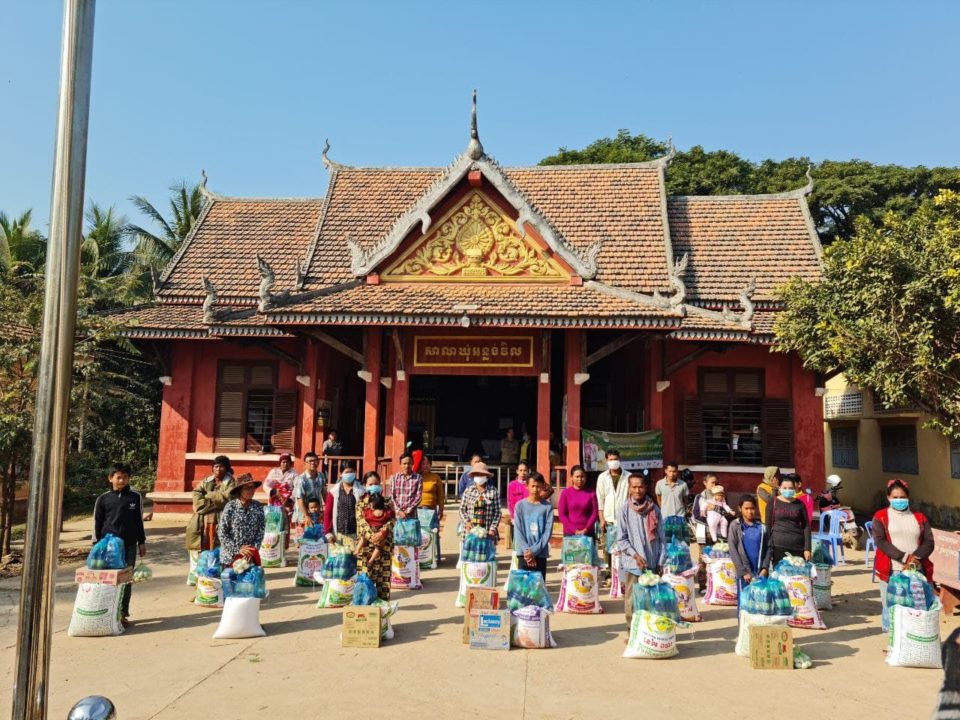
What are the income-generating activities you’ve introduced during COVID-19 to help families who lost their jobs earn an income?
Pola: Some families used to be tuk tuk drivers, garment workers or street vendors . If they have a small plot of land, what they can do now is some type of farming so at least they have some food for the family and can sell the surplus. We use an alternative option for now and when the situation becomes normal, they can do what they really want to do. But now is a time to make sure the family has enough food. … Those who have a business that is still running but not making good income, we also support them in terms of [funding to prevent them from losing their business]. After COVID, we will support them more to start up again.
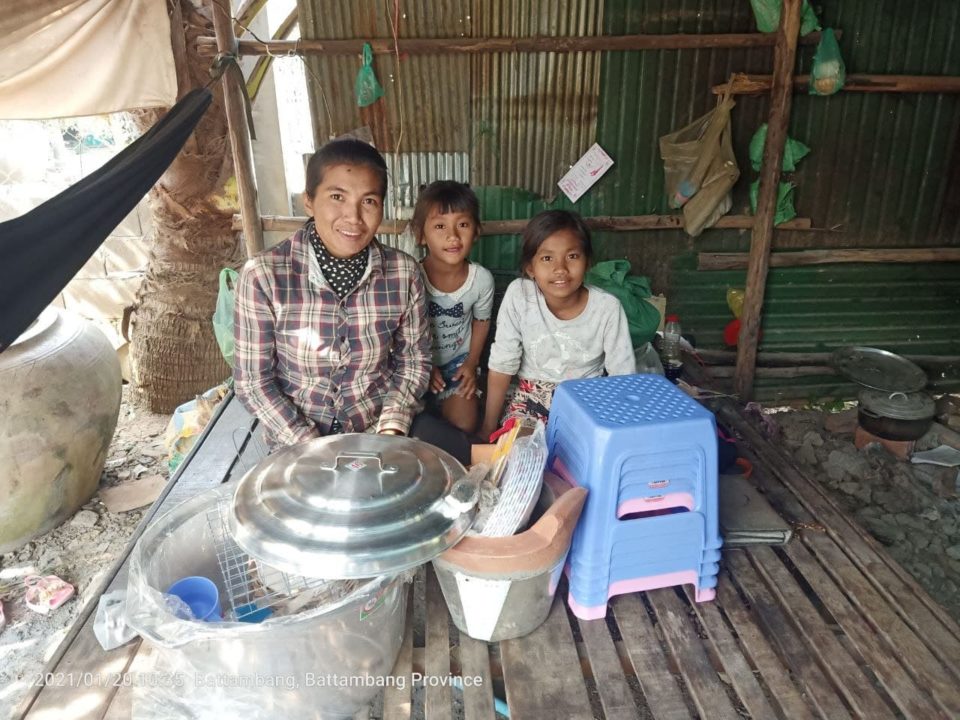
How are you helping parents make school less challenging for their children to do from home?
Pola: I think one of the most important things [we teach them] is to pay attention. Most parents don’t pay attention to children’s education at home. … Some parents have access to internet through the smartphone, but if they don’t pay attention, children don’t study. Those who don’t have access to devices can study through the TV. The ministry of education runs a TV program so parents can … spend time with the child and walk them through [their lesson]. It’s very challenging for the small kids. They couldn’t do it [without their parents’ help].
Kosal: Online study in Cambodia is very new for everyone so we need time for them to understand the process and technology and to get used to it. It has already been a year, but it’s still challenging for them. The conversation is not back and forth. They only watch TV and listen. So when they have questions, they cannot ask. The other point is that some families are not well educated enough to help the children. Some families can just read and write.
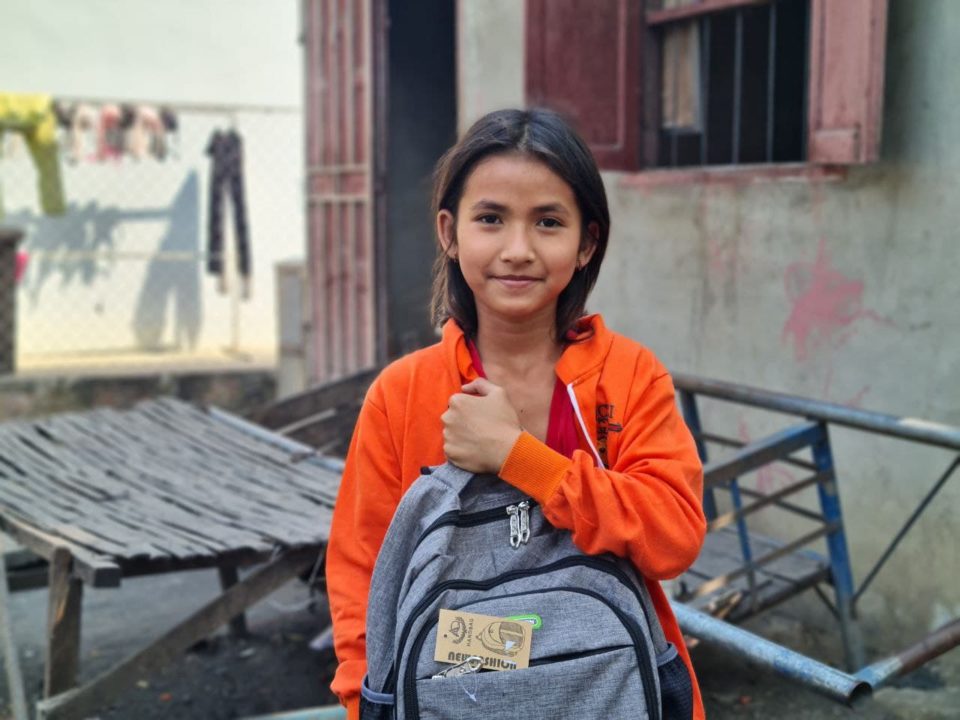
You mentioned that children are at greater risk of being placed in orphanages right now. What are your teams on the ground doing to help prevent family separation?
Pola: The children in the program receive special intervention from Holt Cambodia. … For example, when we identify any family in our program [that’s experiencing] lack of food, we provide emergency food assistance. … For those who face health problems, especially during this time, we provide healthcare support, transportation to the hospital and also provide special education on how to prevent COVID-19. … There are many other services that Holt Cambodia provides based on the needs identified during the home visit. We also provide income-generation support to make sure they still have income. … A lot of attention and effort has been made to prevent family separation. … We put our concern on the staff safety also. The government of Cambodia decided to reduce their staff [so] 90 percent of the staff can work from home. But for Holt Cambodia, because the children and families need us during this time, we still keep going out into the community.
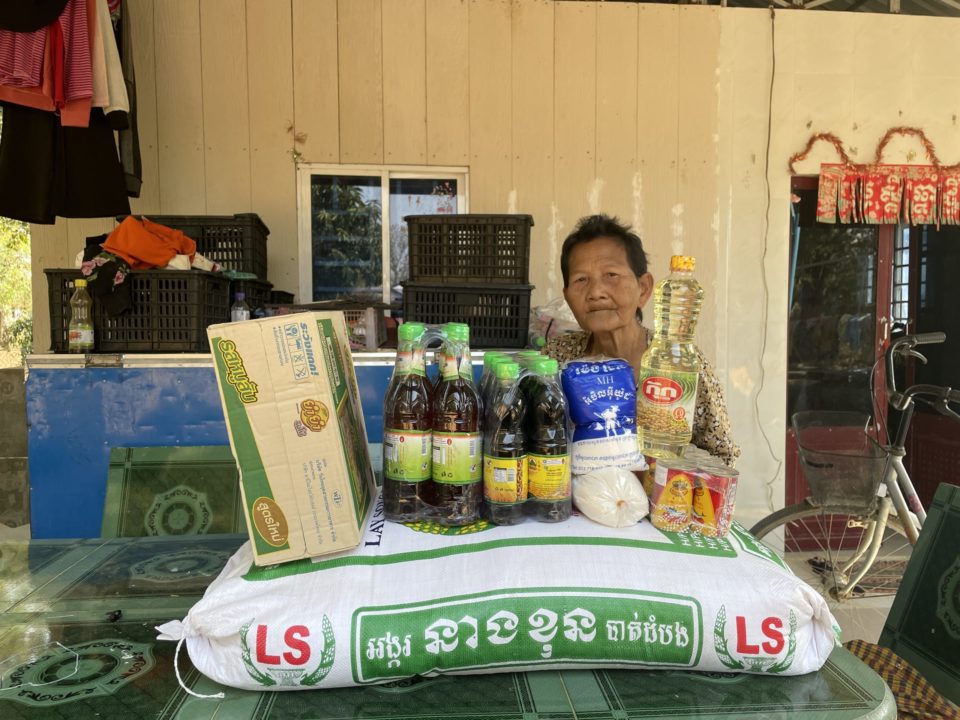
How is COVID-19 affecting Cambodia in general and what is life like there right now?
Pola: I already mentioned some of the impacts of COVID-19, such as the loss of jobs, which is affecting the tourism industry as a whole. … Another recent issue is about migrant workers returning from Thailand. Especially during early 2021, and they are still coming. They bring a lot of difficulty back to the government and the family because they need to quarantine for 14 days and the government has to set up a lot of quarantine centers to keep them at the border. … When they come back to their family, it is another burden for the family to support them because they have no income. Their income relied on working in farming or construction in Thailand, but now they have no jobs.
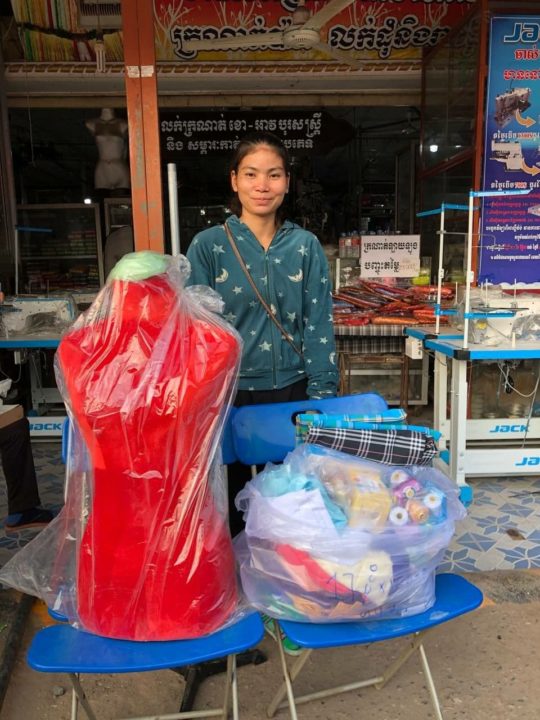
In what ways will sponsor and donor support be critical in the coming months?
Pola: I think sponsor and donor support will be critical in the coming months. Once the situation becomes better, school will reopen. For children to go back to school, [we need to] make sure they have what they need — not only in terms of school materials but also to keep them safe from COVID-19. … COVID can come back at any time. … [We also need to] support families to recover their livelihood. That is another priority. And for children [placed temporarily in orphanage] care, we need special attention to support them and work with their birth family toward reunification.
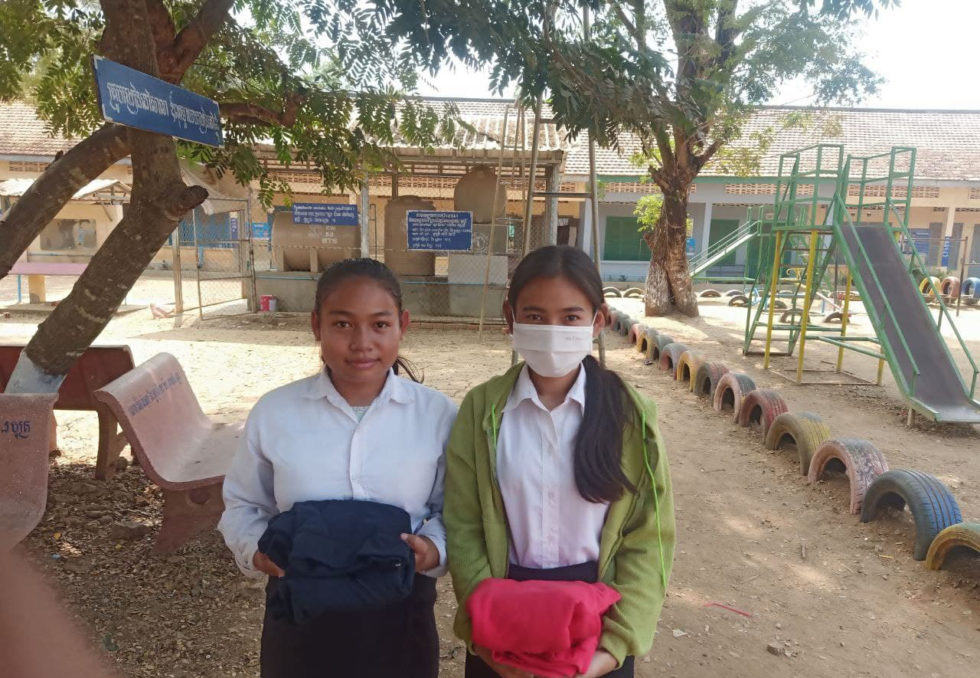
What would you like to say to sponsors and donors directly?
Pola: I would like to say to the donor and sponsor, without their support, children and families would have a very difficult time. But with their support, the children and families in our program have enough food and they receive good support when they are sick so they feel safe and motivated. … And they don’t fear not having enough food. They will not go to bed feeling hungry at all. Also they receive hygiene material to adapt to the new normal of COVID-19. So special thanks to those who support us during the difficult time to make all the children and families in the program safe and feel they can stay together.
Kosal: Special thanks to our donors and sponsors that they continue supporting us even during the very difficult situation. Not only in Cambodia, but in the U.S., it’s a very difficult situation as well. So special thanks to them for continuing their support.
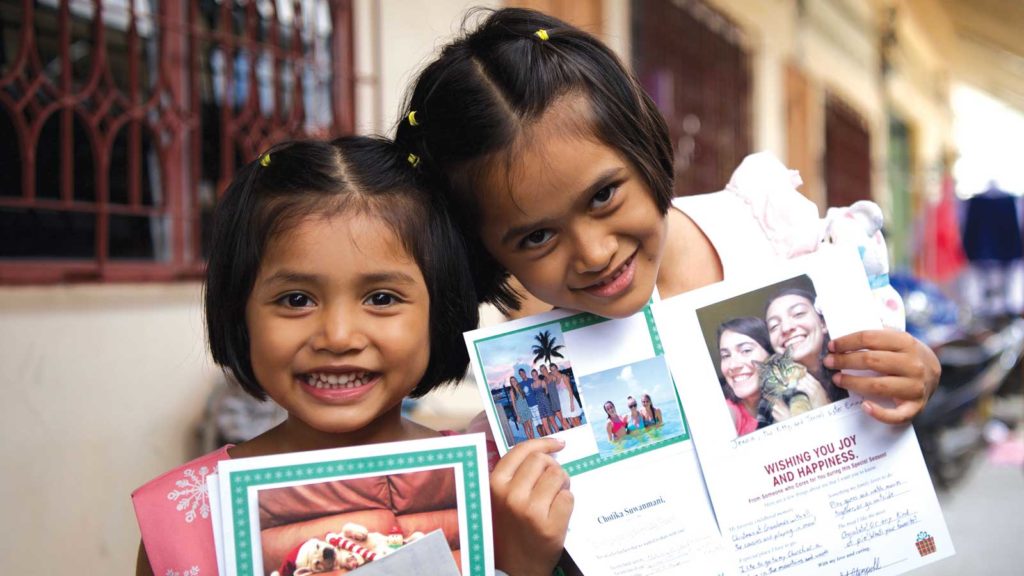
Become a Child Sponsor
Connect with a child. Provide for their needs. Share your heart for $43 per month.
